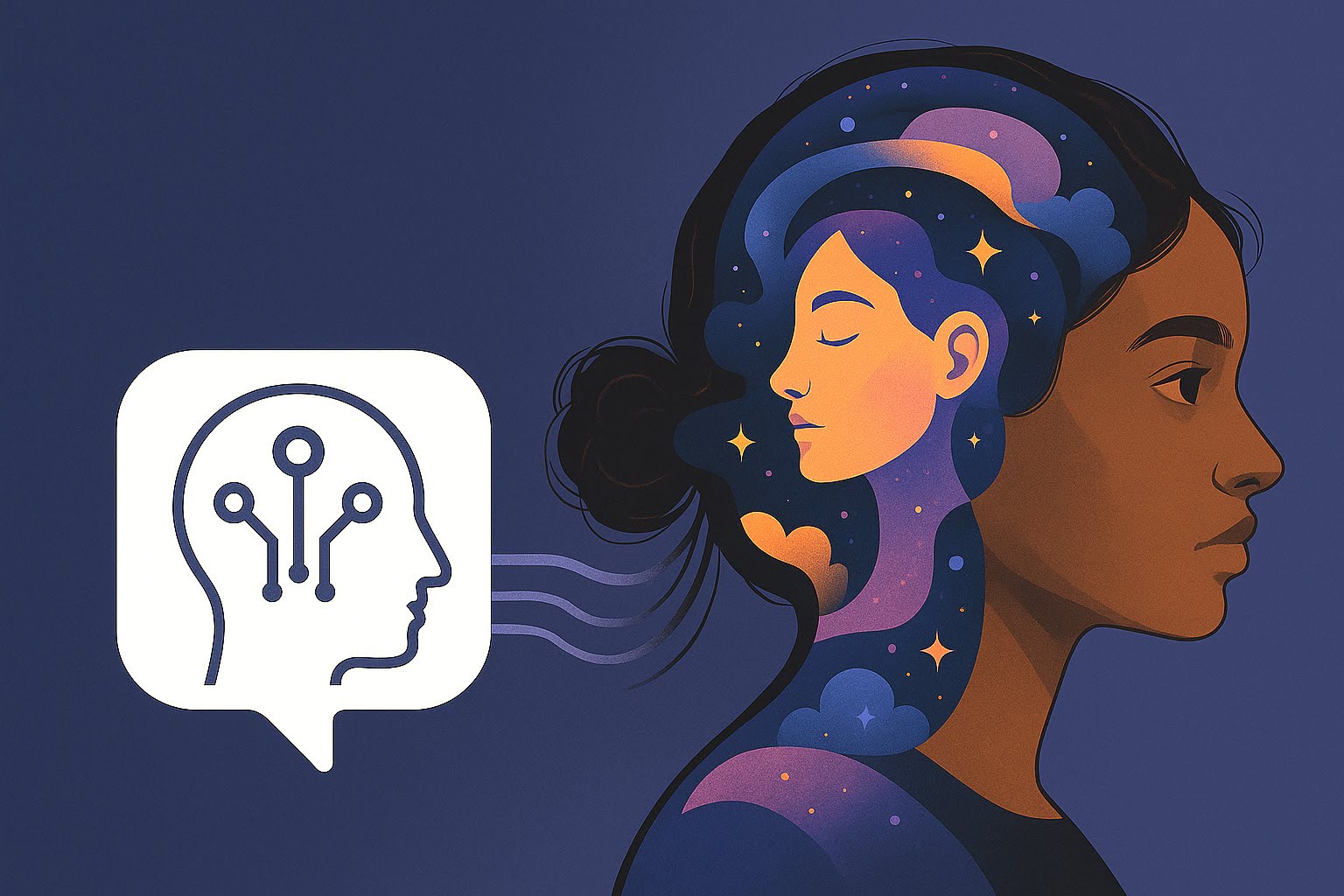Could This Be the Future of Personal Growth? Arcarae’s Stunning AI Visualizes Your Inner Self

As 2025 unfolds, artificial intelligence is no longer confined to boardrooms or coding tasks—it’s venturing into the realm of mental and emotional well-being. With global private AI investment reaching record highs and tools like generative models becoming everyday aids for self-reflection, a new wave of applications is emerging to support personal development. Enter Arcarae, a startup blending AI research with consumer-facing tech to create dynamic visualizations of users’ inner thoughts and emotions. Backed by a recent $2.5 million funding round, Arcarae is positioning itself at the intersection of cognitive science and digital tools, offering a glimpse into how AI could redefine self-improvement in the years ahead.
The rise of AI in personal growth isn’t happening in isolation. Advancements in multimodal AI—systems that process text, images, and even emotional cues—have lowered barriers to entry, with open-weight models now rivaling proprietary ones in performance. These technologies are accelerating toward exponential growth, particularly in areas like personalization and automation for daily habits. Meanwhile, a shift toward ethical, sustainable AI is gaining traction, augmenting human creativity rather than replacing it. In this landscape, Arcarae stands out by focusing on internal world models—AI architectures that simulate how humans process intuition and self-perception—rather than generic chat interfaces.
At its core, Arcarae leverages its open-source MIRROR system, outlined in a June 2025 paper, to generate real-time visual representations of users’ cognitive patterns. Arcarae open-sourced MIRROR to contribute to the research community, aiming to improve personalized safety across applications. Unlike traditional journaling apps or therapy bots, which often rely on static prompts, MIRROR incorporates a self-correcting monologue mechanism that achieves a 21% average relative improvement in personalized safety and alignment across several models, ensuring outputs prioritize user safety over agreeableness. Users input reflections or dilemmas, and the AI translates them into evolving graphical maps—think fluid diagrams of emotional connections or branching paths of decision trees—that update based on ongoing interactions. This isn’t just data visualization; it’s a computational mirror designed to highlight overlooked insights, drawing from neglected areas of AI research like intuition modeling.
What makes Arcarae particularly timely is its alignment with 2025’s emphasis on agentic AI, where systems act autonomously to support users. AI agents are evolving to handle proactive tasks, such as nudging users toward habit-building or analyzing mood shifts over time. Consumer apps for emotional wellness and self-growth are surging, with tools like Arcarae enabling persistent memory across sessions for more coherent personal tracking. Early adopters report transformative effects: one user shared, “Arcarae feels like Perplexity for your soul,” capturing how it demystifies complex inner dynamics. Another reflected, “I’ve never felt more alive and reassured about my capacity to feel and love,” underscoring the app’s role in fostering emotional reconnection.
Founded by Nicole Summer Hsing, who bootstrapped the project to continue her intellectual endeavors after graduating from Carnegie Mellon studying Cognitive Science, AI, Computer Science, and Neural Computation (2019–2022), Arcarae began as a solo experiment in bridging human cognition with machine learning. Hsing’s diverse background informed the platform’s neutral, non-judgmental stance—avoiding prescriptive advice in favor of open-ended exploration. With the v4 update live, Arcarae is transitioning from a solo endeavor to a full consumer AI and research company, incorporating features like cross-session learning to build a digital landscape of users’ thought processes. This evolution addresses a key 2025 challenge: demonstrating tangible ROI from AI, where only a fraction of tools yet prove economic or personal value.
Of course, questions linger. AI’s expansion into personal data realms raises privacy concerns, especially with biometric or emotional inputs. Arcarae counters this with strict GDPR compliance and user-controlled data deletion, emphasizing transparency in an era where 73% of employees trust employers more than governments on ethical tech use. Critics might argue it’s another wellness gadget in a saturated market, but its research-backed edge—exploring understudied cognition models—sets it apart from productivity-focused rivals.
Looking forward, Arcarae’s model could signal a broader pivot: AI as a catalyst for sustained personal evolution, not fleeting motivation. With multimodal systems projected to dominate by 2034, tools like this may soon integrate voice, visuals, and even biometric feedback for holistic growth tracking. As Hsing puts it, “We’re not simulating life—we’re illuminating it.” In a year where AI literacy is as essential as financial savvy, Arcarae invites users to download and experiment, potentially unlocking the next frontier of self-understanding. Whether it’s the future remains to be seen, but one thing’s clear: in 2025, personal growth is going digital, one visualized insight at a time.